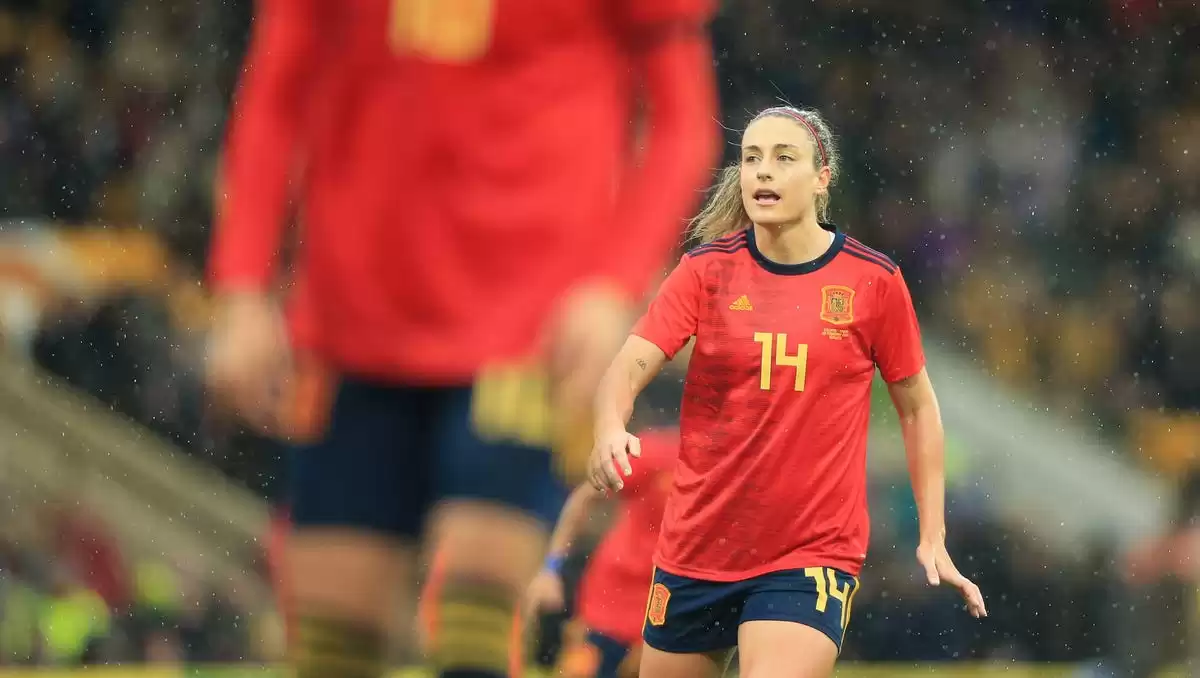USWNT Finally Achieving Their Worth, While Numerous Other World Cup Teams Continue to Struggle
USWNT's equal pay fight spurs global movement in women's football.
In a groundbreaking move for gender equality, the U.S. women's national team (USWNT) will now receive equal pay to their male counterparts. This decision comes after a long and arduous battle for fair compensation. The prize money earned by the USWNT in the upcoming World Cup will be shared equally with the U.S. men's team, just as the men's team split their earnings with the USWNT from last year's tournament in Qatar.
Not only will the USWNT receive equal prize money, but they will also enjoy the same appearance fees, travel accommodations, support staff, and child-care benefits as the men's team. This level of equality is unprecedented in the world of soccer, and the USWNT is proud to have fought for and achieved this milestone. However, the fight for equal pay is not exclusive to the USWNT; many other teams are also battling for equity in women's football.
One such team is the Spanish national team, whose players sent a letter to the Spanish federation expressing concerns about training conditions, treatment of injuries, and team selections under coach Jorge Vilda. Despite their bravery in speaking out, the federation sided with Vilda, leading to the exclusion of 15 players from the team. While some players have been reinstated, it remains to be seen if the original concerns have been adequately addressed.
The Canadian national team is another example of a team fighting for equality. Currently, the team is without a contract and has been subject to unequal treatment due to financial constraints within the federation. Despite the popularity of soccer in Canada, the women's team has faced budget cuts, shortened training camps, and a lack of support staff. This disparity is evident in the team's inability to play home games and the stark contrast with the USWNT's extensive schedule.
Even teams from smaller nations are facing challenges in their pursuit of equality. The Jamaican national team has expressed concerns about training conditions and resources, leading to a crowdfunding campaign organized by one player's mother to support the team's pre-tournament training camp. Similarly, the Nigerian national team has a history of funding disputes, with players unsure if they will receive their promised game bonuses. These examples highlight the ongoing struggles faced by women's teams worldwide.
Beyond funding disputes, women's teams also face disparities in contracts, facilities, and resources compared to their male counterparts. The gap in prize money between the men's and women's World Cups remains staggering, with many countries failing to pay women the same appearance fees as men. Women's programs are consistently undervalued and underfunded, leading to inequalities in training, travel, and overall support.
The fight for equal pay and treatment in women's football is a pressing issue that requires immediate attention and action. It is not enough for individual teams to fight for their rights; governing bodies like FIFA must mandate that federations support their women's teams in the same way they do for men's teams. Choices must be made to prioritize gender equality in soccer, as these disparities are choices made by individuals within the sport.
In conclusion, while progress has been made with the equal pay decision for the USWNT, there is still much work to be done to achieve true gender equality in women's football. The fight for equal treatment, resources, and opportunities continues for teams around the world. It is crucial that all stakeholders, from federations to governing bodies, prioritize and champion gender equality in soccer. Only then can the sport truly thrive and provide equal opportunities for all players, regardless of their gender.












Comments on USWNT Finally Achieving Their Worth, While Numerous Other World Cup Teams Continue to Struggle